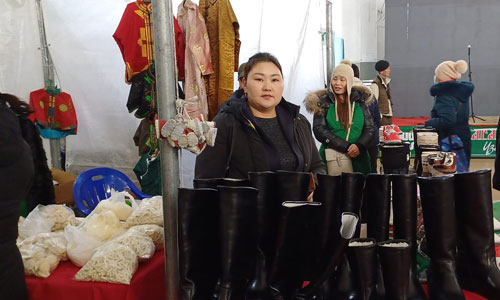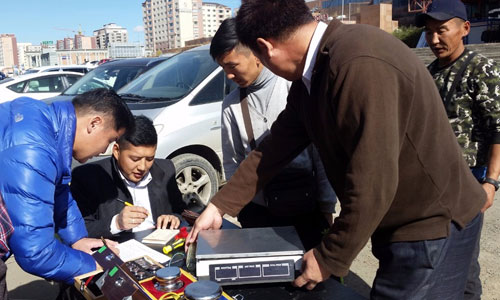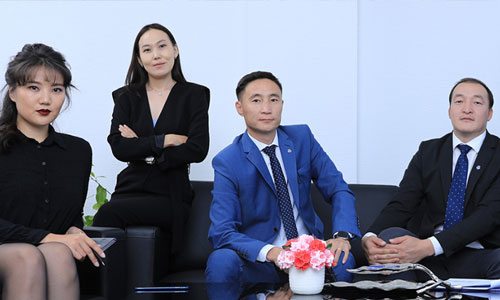The project exceeded expectations in many areas. It catalyzed a shift from a narrow focus on micro-insurance to a broader vision of inclusive insurance—a move embraced across the sector. Through pilot schemes, over 20,000 individuals received training or information services, and the IICs became a trusted source of advice in rural communities.
— Mongolia —
empowerment. sustainability. inclusion.








Building Inclusive Resilience: UNDP’s Micro-Insurance Project in Mongolia
"The project has set up a foundation for the insurance information outreach network to improve knowledge and perception of many other people." – Terminal Evaluation Report, UNDP Mongolia (2014)
Challenge
In 2014, GG International’s Insurance Finance and Risk Group Leader, Russell Leith, joined a multidisciplinary United Nations Development Programme (UNDP) team as part of a wider evaluation mission for a landmark project in Mongolia The project, titled "Capacity Development for the Micro-Insurance Market", aimed to address Mongolia’s vulnerability to economic and climate-related shocks by strengthening financial protection mechanisms for low-income and socially vulnerable populations.
Despite having 17 private and one life insurance provider by 2013, Mongolia's insurance penetration remained low, at just 1% of GDP. Public understanding of insurance, particularly among rural and nomadic populations, was minimal, and product accessibility was a major barrier.
The challenge was clear: develop and institutionalize a sustainable micro-insurance market capable of reducing poverty and enhancing resilience among Mongolia’s poorest.
Strategy
With funding from the Government of Luxembourg and implementation led by Mongolia’s Financial Regulatory Commission (FRC), the UNDP initiated a five-year project from 2009 to 2014. Russell Leith’s contributions were instrumental during the final evaluation phase, which was tasked with assessing the efficacy, sustainability, and replicability of the intervention.
The core strategy hinged on four pillars:
- Product Development: Launching pilot micro-insurance products tailored to Mongolia’s risks. These included health and property coverage with flexible, affordable premiums.
- Capacity Building: Training insurance providers in actuarial science, underwriting, and claims management. Leith and fellow advisors designed workshops and policy labs for both national insurers and policymakers.
- Policy and Regulatory Support: Working with the Ministry of Finance, Ministry of Population Development and Social Development, and the Mongolian Association of Insurers to build a robust legal framework conducive to inclusive insurance.
- Public Awareness: Establishing Insurance Information Centers (IICs) across remote regions and developing tailored outreach materials, radio broadcasts, and TV campaigns to increase understanding and trust in insurance products.
Transformation
A notable achievement was the signing of a Memorandum of Understanding between the FRC and the Association of Mandatory Insurance to continue the operation of the IICs beyond the project’s life, ensuring the legacy of the initiative.
This UNDP-led effort, strengthened by advisors like Russell Leith, laid critical foundations for financial inclusion in Mongolia and served as a model for similar initiatives across Central and Southeast Asia.
- Insurers improved their technical capacity significantly.
- nnovative distribution channels—such as bank partnerships and mobile platforms—were being explored.
- Legislative bottlenecks (e.g., Civil Code Article 433.1) were identified for reform to enable more flexible sales.